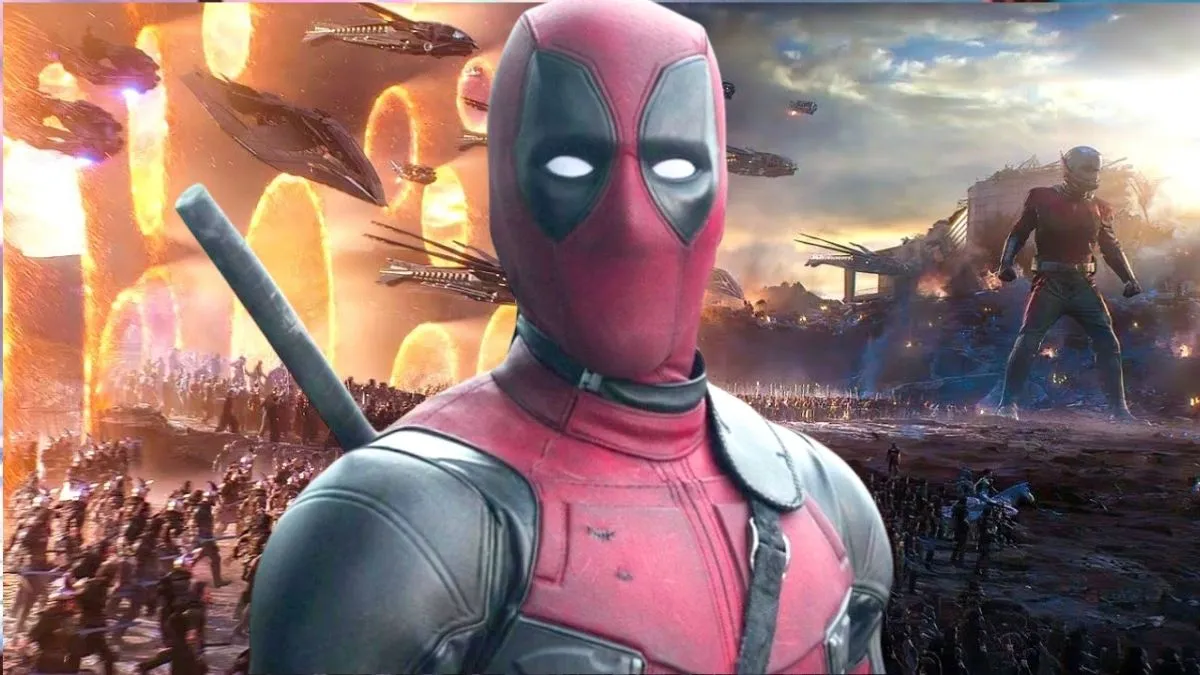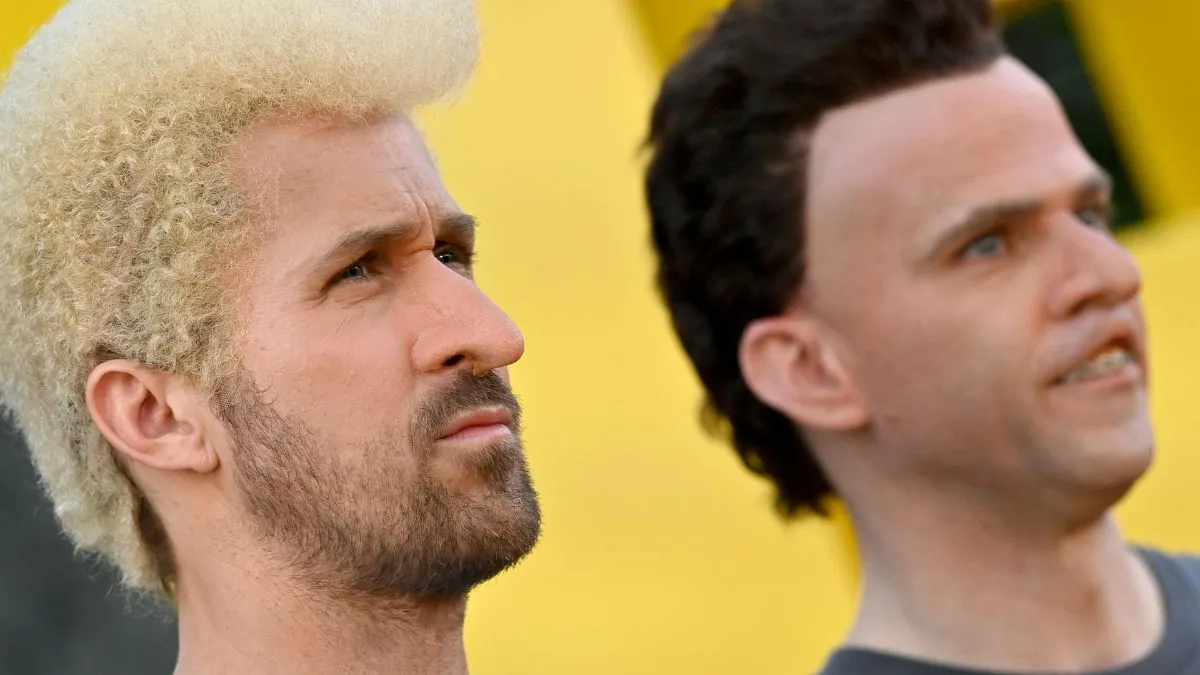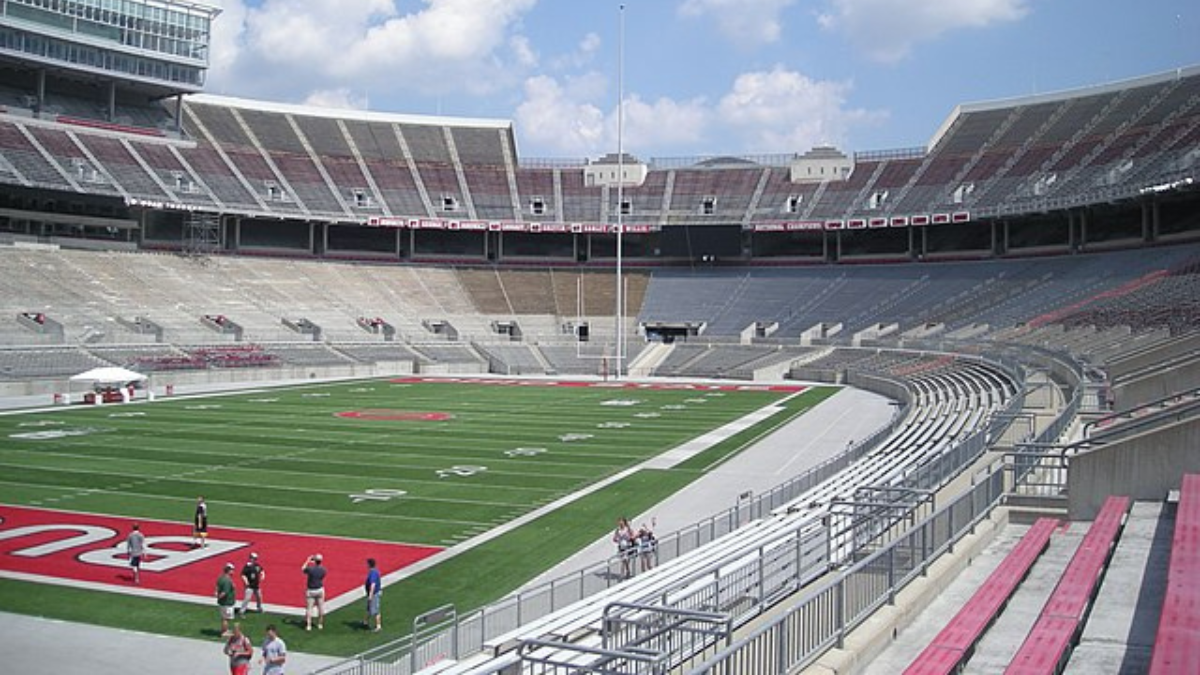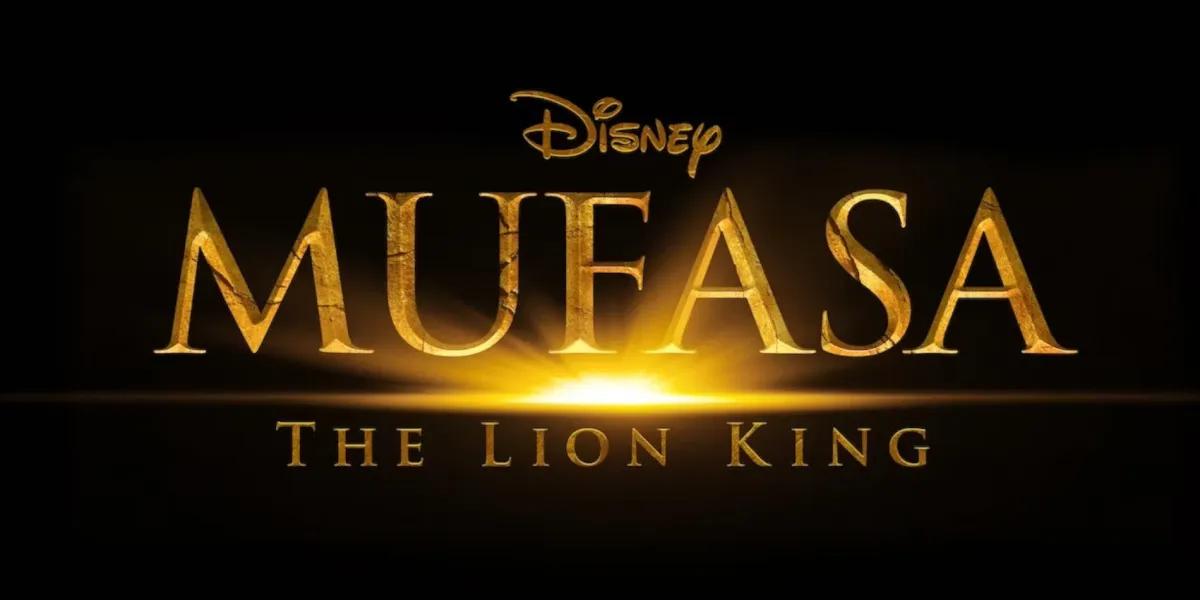Star Trek: Picard has been a hit with fans, as it means so much to a lot of folks to have Patrick Stewart back as Jean-Luc – not to mention the various other faces from the franchise’s past who’ve been popping up. However, much like its forebear Star Trek: Discovery, some have taken umbrage with the series’ tonal differences from what’s come before. Specifically, following last week’s fifth episode, “Stardust City Rag” there’s been a lot of discussion of the installment being too dark and violent.
Featuring Voyager‘s Jeri Ryan as Seven of Nine, there were several visceral, uncomfortable scenes as crime boss Bjayzl attacked ex-Borgs and stripped them of their cybernetic components, all while they were conscious and screaming. One of these victims was Seven’s surrogate son Icheb, a character who also appeared on Voyager. It was great to see Seven again, but the gloomy, gory tone of the episode left a sour taste in the mouth.
One fan complained to showrunner Michael Chabon on his Instagram page about the excessive violence and the EP penned something of an essay in response to outline why he and the writers went down the road they did. He started by saying that he totally understands the fan’s issue, explaining:
“I am not unambivalent about the violence, myself. The choice was not made lightly, though it was made collaboratively, and therefore with a good deal of conversation and debate among the creators. And so I assure you that it is not there simply ‘because we can,’ or because we are trying, as you somewhat uncharitably put it, to be ‘in.’ My partners would all have their own reasons for its presence in this story, as some of us had our own reasons for shying away from it.”
Chabon – who’s most known for being a Pulitzer Prize-winning author – went on to add that he believes violence is simply a part of all forms of storytelling, saying:
“For me, it came down to this: there has always been violence (and even torture) in Star Trek. Sometimes that violence has been implicit, sometimes explicit, according to the dictates of censorship, the nature of the situation being depicted, the aesthetic of individual creators, or technical and/or budgetary limitations. And the reason that there has always been violence in Trek is that Trek is art, and there has always been violence—implicit and explicit—in art. It belongs there. It belongs in any narrative about human beings, even human beings of the future. Violence, often, *is* the narrative. Its source. Its engine. The question of whether it’s “too much” or not is ultimately a matter of taste. Personally, I come out closer to the “less is more” end. But that is just me.”
Ultimately, Chabon decided that, given the limited amount of screentime with which to tell Seven’s tragic backstory, it had to be as intense and impactful as possible, hence the need for the gore.
“In the end, I saw how little time and space we had to convey a sense of Seven’s history post-Voyager, and the things that drive and haunt her. I decided, with my partners, that intensity was warranted. Seven lives outside the rational confines of the Federation, because that is where she finds her sense of purpose. But life is hard, out there. If it wasn’t, people wouldn’t need her help so badly. And she wouldn’t have found such a compelling reason to carry on, in spite of her history of trauma. But, I hear you.”
The showrunner has previously defended the show’s use of strong language in a similar way. No doubt there will be more shocking developments to come in Star Trek: Picard as well that Chabon will have to stand up for. But before then, episode 6, “The Impossible Box,” arrives on CBS All Access tomorrow (Thursday).





















